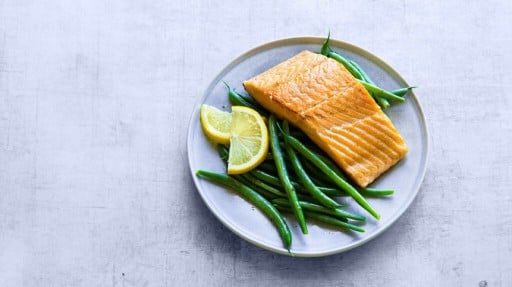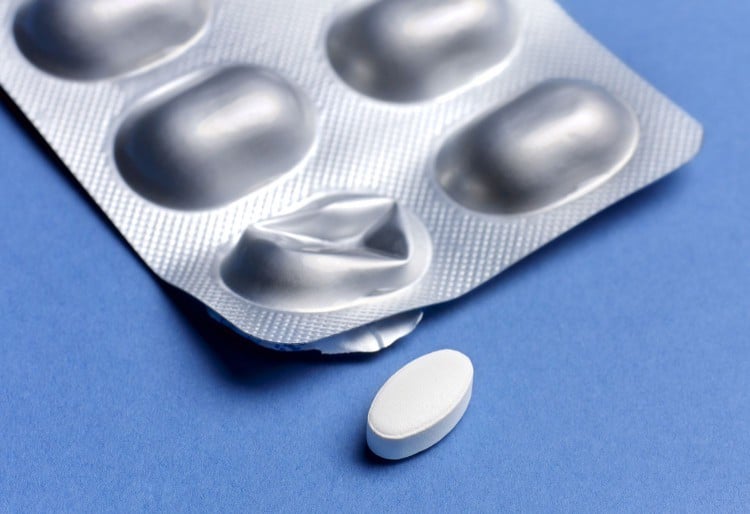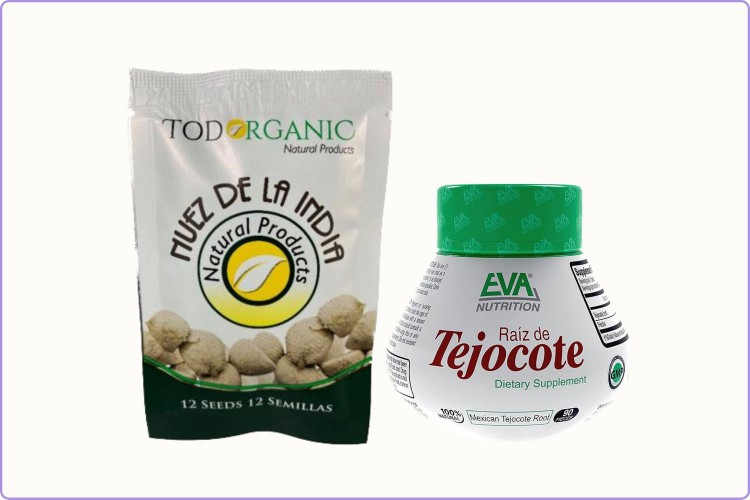
- The use of IVF is becoming more common; however, IVF attempts may not always have favorable results due to many factors.
- One area of interest is how diet and certain supplements may contribute to successful IVF.
- A recent review of several studies found that several supplements may help with successful IVF.
- The review also suggested that following a Mediterranean diet may increase the chances of successful IVF.
Research is ongoing about potential fertility treatments, including the use of in vitro fertilization (IVF). It’s unclear how following certain diets or consuming over-the-counter supplements may contribute to the chances that IVF will result in a healthy pregnancy.
A recent review published in Reproductive Biomedicine Online (RBMO) examined 27 studies to see how different nutritional therapies contributed to successful IVF.
Results of the review indicated that following a Mediterranean diet may increase the chances of successful IVF. In addition, DHEA, COQ-10, melatonin, myo-inositol, and omega-3 free fatty acids may improve IVF success in certain situations.
However, further research is required to understand more about how supplements and dietary interventions contribute to successful IVF.
IVF success depends on many factors
Whether or not IVF results in these endpoints depends on a
“IVF success depends on many factors, whether it’s ovarian reserve (number of eggs in your ovaries and their quality), ovarian stimulation, fertilization, embryo development, or implantation. Many intricate steps need to be optimized to result in a healthy pregnancy that carries to term. In addition, patients seeking IVF typically already have pre-existing struggles with their fertility, making it even more difficult at times to ensure that IVF succeeds.”
“Moreover, given the high cost burden of IVF, optimizing each step in the process as much as possible and preventing failures in any part of the process is well worthwhile. For this reason, supplements can be a helpful strategy to enhance fertility and conception outcomes in IVF,” she explained.
The current review focused on nutritional interventions that women often can often undergo without a clinician’s prescription.
Diet itself may contribute to
Which supplements may help IVF success?
This review examined 27 studies published between January 2015 and May 2023. The research was a systematic review looking at several nutritional supplements and their impact on IVF outcomes. The review further examined the benefits of dietary restriction and the Mediterranean diet.
The review excluded studies based on specific criteria. It focused on females rather than males in most of the research analysis.
The findings of the study suggested that certain supplements benefit IVF outcomes, while the usefulness of other supplements remains unclear.
For example, dehydroepiandrosterone (DHEA) and COQ-10 supplements may help women undergoing ovarian stimulation. Ovarian stimulation involves increasing egg production by the ovaries so the eggs can be retrieved and fertilized outside the body.
“If a woman was considering taking a nutritional supplement to try to improve her previous poor ovarian response to drug stimulation during her IVF cycle, it appears that taking DHEA and COQ-10 prior to starting the cycle leads to better IVF outcomes than control therapies.”
“Furthermore, the medication CoQ10 alone may have some merit, although it is unclear whether its place is for older women, those with a poor response to ovarian stimulation, or for women whose cycles have been characterized by poor embryonic development,” he continued.
The review further found that taking omega-3 free fatty acids may benefit a few IVF outcomes. The review also suggests that the supplement melatonin may benefit IVF outcomes.
Still, more research is needed to determine which patients would most benefit from melatonin and what dose would be appropriate.
Women with
Finally, the review also suggests that incorporating a Mediterranean diet may assist with successful IVF.
Dr. Al-Shaer explained a few key components of the Mediterranean diet to Medical News Today:
“A Mediterranean diet follows these five simple principles:
- Lots of vegetables, legumes, and fruits.
- Whole grains like whole wheat bread and pasta instead of white bread and white pasta.
- Eating more fish and more often choosing poultry over red meat.
- Healthy plant-based fats from olive oil, avocados, nuts, and seeds.
- Limiting highly processed foods.”
“As a general dietary approach for women undertaking IVF, it appears that adopting a Mediterranean diet (rich in nuts, fruit, vegetables, legumes, etc.) is better than a traditional high fat and high carbohydrate Western diet and will lead to a slightly greater chance of IVF success.”
— Prof. Roger Hart, study author
Should I follow a Mediterranean diet while on IVF?
This review does have certain limitations. First, it only included studies from specific databases and only studies that met inclusion criteria, like being written in English. Future research could seek to include even more studies in the analysis.
The review also did not have a strict definition for “poor ovarian response,” which can make it harder to apply the results to clinical practice.
Since the review is of previously conducted studies, it’s also important to consider that each of the studies had its limitations that reduce the reliability and application of the findings. For example, one study supporting the incorporation of the Mediterranean diet included both men and women, making it harder to determine where the benefit comes from.
The review was also mainly conducted by one person, which can introduce the risk of potential errors in data analysis.
It may take time for any of the findings of this review to make their way into clinical practice as well. Those seeking to undergo IVF can be in close communication with specialists about nutrition and the use of supplements. Ideally, this can lead to choosing the most beneficial intake for the unique situation.
Prof. Hart explained what future research in this area could look like:
“Further research is required to confirm the findings, to determine the actual treatment effect, and in several instances to bed down the appropriate dose of the supplement to take and the particular sub-group of patients who would benefit from the treatment.”
Related pages
Migraine: How a poor night's sleep may trigger headaches
Share on PinterestResearchers have looked into exactly how close sleep is tied to migraine headaches

When to Take Cold Medicine, According to Experts
Taking cold medication unnecessarily can result in side effects like drowsiness, dizziness, high blo

How Much Screen Time Is Too Much For Adults?
Unlike the guidelines for children, there are currently no guidelines for how much screen time adult

Statins: Only 35% of People Who Would Benefit Are Taking Them
Almost two-thirds of Americans who would benefit from statins aren’t taking them.Most people who are

Medications Like Ozempic, Wegovy Might Also Improve Sleep
GLP-1 drugs, like Ozempic and Wegovy, may help people sleep better.This is because losing weight can

CDC, FDA Warn of Toxic Plant in Weight Loss Supplements
Both the CDC and FDA have recently warned consumers that certain mislabeled weight loss supplements

